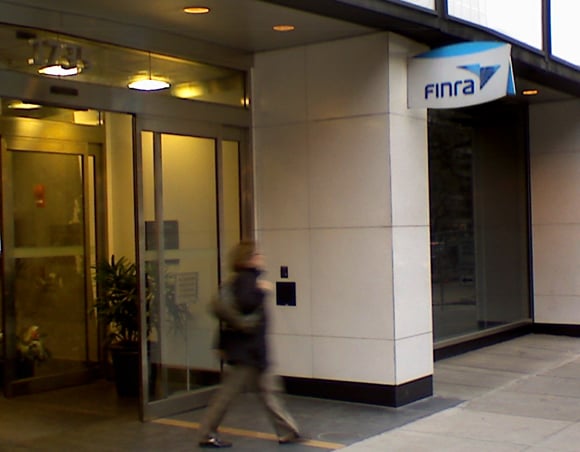The Financial Industry Regulatory Authority Inc. has issued an investor alert about the risks of exchange-traded notes after an investigation sparked by manic swings of Credit Suisse and Barclays ETNs earlier this year.
“ETNs are complex products and can carry a raft of risks,” Gerri Walsh, Finra's vice president for investor education, said in a release. “Investors considering ETNs should only invest if they are confident the ETN can help them meet their investment objectives, and they fully understand and are comfortable with the risks.”
ETNs typically get lumped the same category as exchange-traded funds, but in fact the two vehicles are quite different. Unlike ETFs, which hold a basket of stocks or bonds that trade intraday on an exchange, ETNs are simply promissory notes written by banks to deliver the returns of an index, and don't actually hold anything.
ETNs can run into trouble when a bank is forced to stop issuing new shares — either because the maximum number of shares has been reached or the bank is no longer able to hedge effectively against the index. No new shares means the ETN functions like a closed-end fund and continued demand can drive shares to a premium over the net asset value.
For example, the Credit Suisse VelocityShares Daily 2X VIX Short-Term ETN Ticker:(TVIX) stopped issuing new shares in February. The shares quickly doubled in value because of high demand. But when Credit Suisse Group AG resumed issuing shares in March, the ETN's share price
promptly collapsed back to the NAV, wiping out $172 million in a single day.
Barclays' iPath Dow Jones-UBS Natural Gas Total Return Sub-Index ETN Ticker:(GAZ), for example, saw the premium of its share price go to as high as 134% of its NAV in March — meaning investors were paying more than $2 for $1 of the ETN's exposure. Today it's at a 32% premium.
Another popular ETN, the nearly $5 billion JPMorgan Alerian MLP Index ETN (AMJ)
stopped issuing new shares last month and is trading at a premium of nearly 1%.







